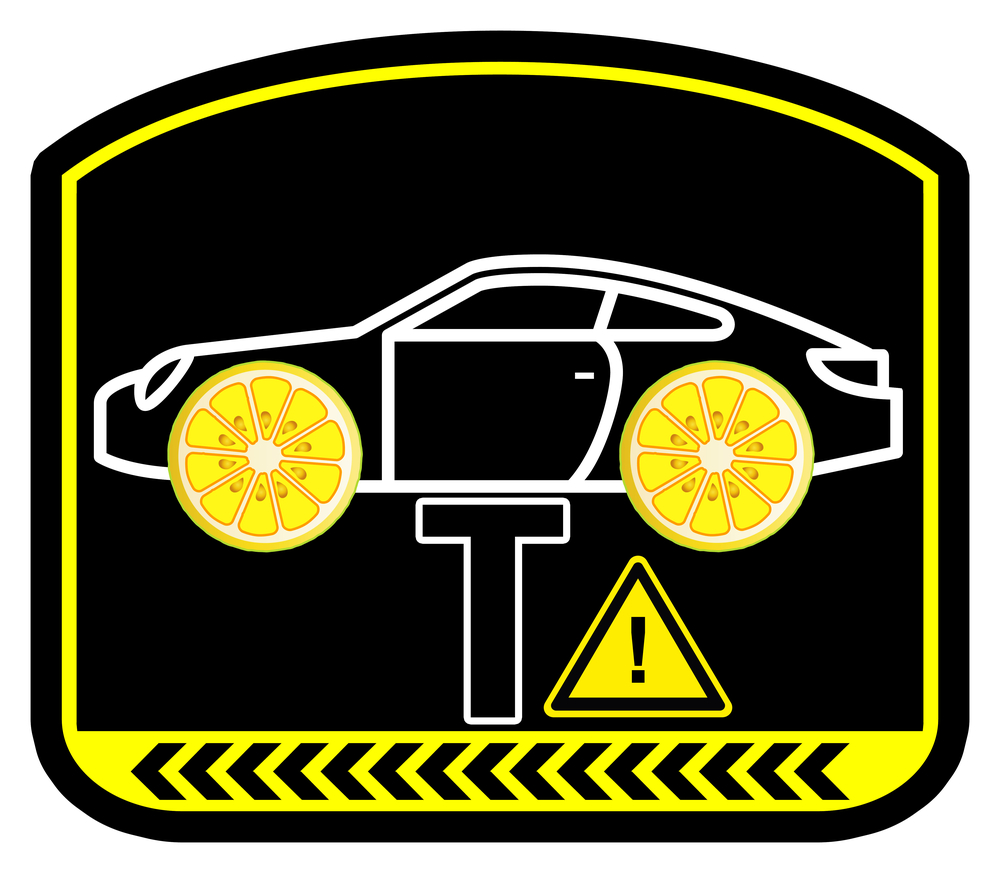Simple Guide to Understanding State Lemon Laws
Valerie Raskovic

You may have never heard of a lemon law. However, if you are in the market for a new car, you should be very familiar with lemon laws and all that they can provide. That’s because, if the worst-case scenario occurs, lemon laws can protect you from losing money and being taken advantage of.
But what is a lemon law and how does it work? Lemon laws are described as legislation that protects a customer who purchases a defective car by compelling the manufacturer or dealer to repair the vehicle or refund the entire purchase price. If the new automobile of your dreams turns out to be a waking nightmare, you may use this guide to figure out what options you have. Lemon laws differ from state to state, with some offering more protection than others. However, all lemon laws exist to protect consumers from deception and unnecessary financial loss.
Lemon laws are consumer protection legislation created at the federal and state levels to safeguard customers who have acquired or leased faulty consumer goods such as automobiles. When a manufacturer is unable to fix a car or other consumer good after a reasonable number of efforts and the fault is significant, the law states that the manufacturer must either replace the damaged item or refund the consumer's money.
What is a Lemon?
How do you determine if the car you bought is a lemon and covered by these unique laws? For a vehicle to be declared a lemon, it must have a "substantial defect" covered by warranty that arises within a specified period after purchase and persists despite a "reasonable number" of repair efforts, according to most state laws. The definition of a major flaw or a reasonable number of efforts differs by state, so it's up to you to figure out what your state's rules are.
A significant fault is an issue that affects the automobile's usage, value, or safety that is not caused by the owner's use of the car after purchase. In most jurisdictions, the fault must be covered by an explicit warranty and impact the car's major function or expectation. A defective steering or braking system, for example, qualifies as a serious defect because it affects vehicle safety, but a loose glove compartment hinge does not since it is a small issue that does not impair the car's major purpose or expectation.
Because of how much it would cost manufacturers, lemon laws are very strict about what constitutes a “substantial defect”. The laws will not cover simple, small issues with your car but instead are meant to cover the big, critical issues that prevent the car from really functioning like it should. The best tool to use to uncover previous vehicle buyback under the lemon law is VinCheckUp Vehicle History Report.
Are Motor Homes Covered?
Yes. Except for faults in systems, fixtures, appliances, or other elements that are domestic in nature, motor homes are protected by the legislation. Motorhomes, on the other hand, are subject to further notice requirements. A motor home manufacturer is defined by the legislation to include not only the manufacturer but also the assembler of the motor home's component elements, such as the chassis, engine, and residential section.
What are You Entitled to Under Lemon Laws?
If your vehicle is deemed a lemon, you are entitled to a replacement or refund, which includes your down payment, monthly payments, registration, taxes, and incidental charges such as a rental car or towing, as well as reasonable attorneys' fees and costs. The manufacturer is allowed to deduct a use fee for the value of the miles driven up to when the vehicle was taken in for repair work for the fault or flaw that caused it to be a lemon.
What Does Your Lemon Get Replaced With?
An appropriate car replacement is one in which you are given a vehicle of similar make and model to the one that is a lemon. The successor, on the other hand, will most likely be a car from the current model year. The amount of your existing loan (or the period of your lease) will remain the same, as will the length of the original loan or lease. Your only out-of-pocket costs will be for the period you enjoyed your vehicle before it became a lemon, as well as any additional taxes.
Should You Keep Paying on a Lemon?
Yes. If the automobile is financed or leased, you should continue to make your monthly payments unless your lawyer advises otherwise. If you don't, your car may be repossessed, and you won't be able to return it to qualify for a refund or new car under the legislation.
How Do You Prove You Own a Lemon?
You must be able to track the number of repair attempts and days out of service as a result of repairs. As a result, meticulous records of all complaints, copies of all service orders, repair bills, letters, and telephone and email contacts are essential.
DMV laws require a dealer to produce a legible and correct written work order for all repair work conducted on an automobile, including warranty work for which there is no fee.
What is “Cash and Keep”?
If your vehicle's issues aren't severe enough to qualify it as a "lemon," you may be eligible for monetary compensation for the vehicle's decreased worth as a result of its issues. Many times, a vehicle's faults may not rise to the threshold of "serious impairment." The manufacturer will frequently offer the buyer a "cash and keep" resolution in these instances. This is where you will keep your car and receive a monetary settlement for the issues you had with it. The remainder of the warranty will also remain in effect.
If you feel that your car is a lemon and you have tried multiple times to repair the vehicle and have it in working order, you should contact a local lawyer who specializes in lemon law and automobile issues. They will be able to begin the process to get you a replacement and financial compensation. Thankfully, lemon laws will be able to assist you and provide you with what you deserve.
Read more articles

